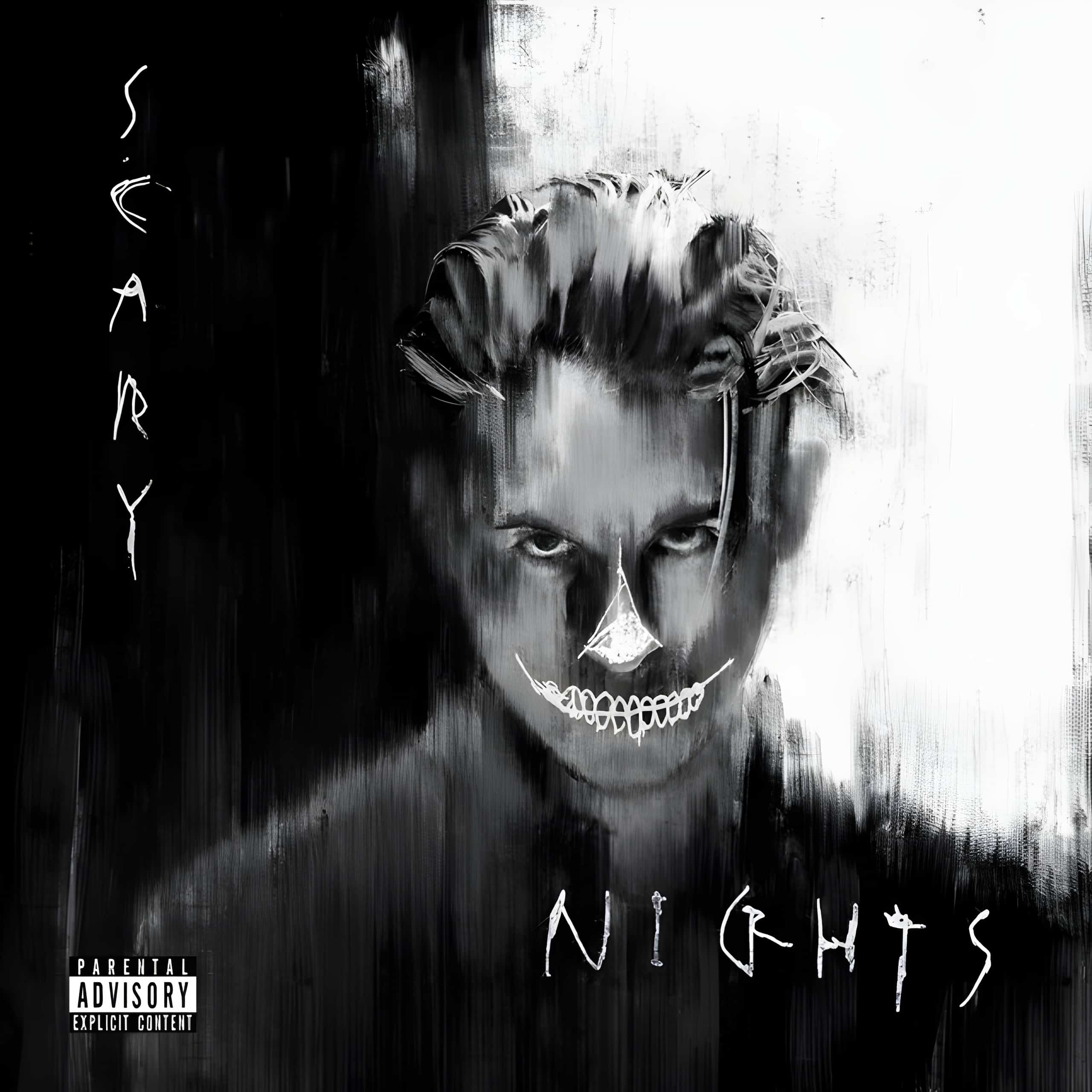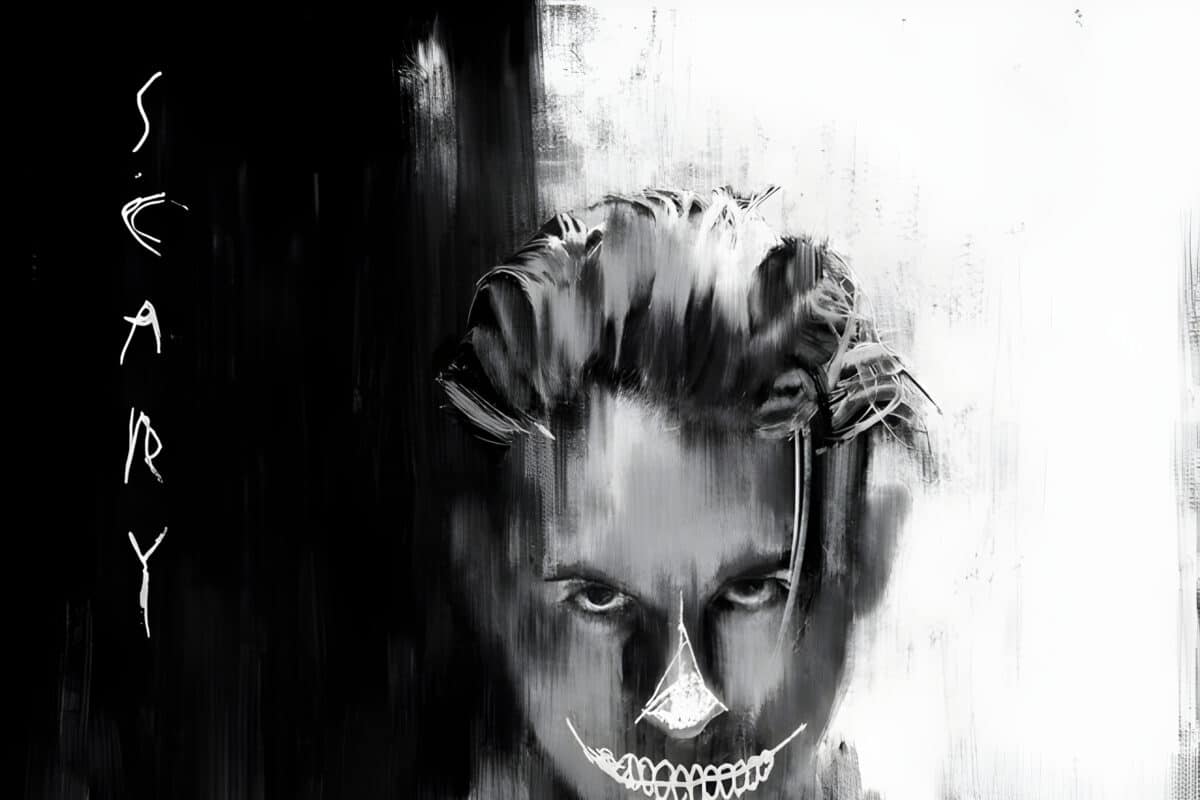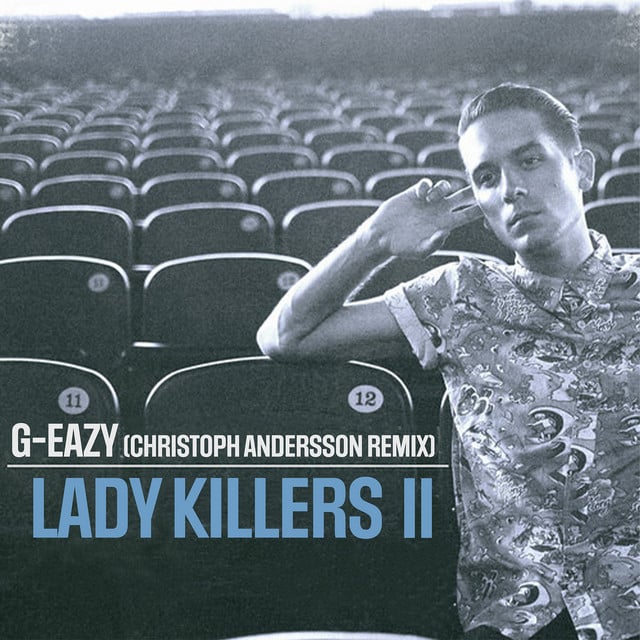Released: 2019
G-Eazy’s song “Full Time Cappers,” featuring Moneybagg Yo, French Montana, and Ant Clemons, explores the theme of authenticity in relationships and the music industry. It talks about individuals who project false personas—referred to as “cappers”—and contrasts this with a lifestyle marked by real achievements and sincere relationships. Through the use of vibrant language and personal anecdotes, the song delivers a critique of those who prioritize appearances over genuine connections.
The hook, delivered with swagger by G-Eazy, sets the stage for the song’s narrative. It underscores the contrast between those who merely play a part (the “cappers”) and those who live genuinely, with real accomplishments such as placing “asses in the rafters”—a metaphor for putting on big shows or achieving notable success. G-Eazy is also not shy about pursuing relationships with women who have boyfriends he sees as “full-time cappers,” further underlining the façade these men put up.
The opening verse by G-Eazy paints a picture of a lavish lifestyle, mixing luxury fashion with references to classic cars. He emphasizes balance in life, advocating for indulging at night but staying healthy during the day, suggesting that true success involves equilibrium. The verse also speaks to the presence of “goons,” implying that there’s always someone backing him, and further reinforcing the idea that the life he raps about is grounded in reality, not just fiction.

He continues with braggadocio by referencing various cities like Milan, juxtaposing high fashion with raw authenticity. When he mentions “Megan bring some Stallions,” he’s making a clever nod to Megan Thee Stallion, while also referring to powerful, confident women. The metaphor of dropping exes and habits showcases his continual self-improvement and cutting ties with those who aren’t genuine.
The chorus comes back, driving home the song’s main message: a rejection of false personas. By likening full-time cappers to “futon mattresses,” which can be folded and stowed away, he suggests that these individuals lack depth and permanence in their lives. G-Eazy makes it clear that in his world, authenticity is valued over all else.
Moneybagg Yo jumps in with his verse, leveraging the extended metaphor of ‘capping’ by saying “no rap cap,” meaning he’s not exaggerating or lying in his rhymes. His background—”raised by trappers”—suggests he comes from a world of hustlers, making his perspective one rooted in genuine experiences. This authenticity, contrasted with the fake water of his peers, bolsters the song’s central critique of artifice.
The track proceeds with another hook before transitioning to a playful yet assertive verse. Here, themes of opulence and desirability are expanded, where luxury and wealth become part of the attraction. “Feel like I’m the shit” is not just braggadocio; it’s about the confidence derived from real achievements. Ant Clemons also touches on the dichotomy of play versus seriousness, which ties back into the main theme of the song—truth versus illusion.
As the track continues, a distinct shift in focus is observed in the verse where humor intermingles with debauchery, presenting life’s hedonistic side. However, the refrain persists that this is not mere illusion—”this ain’t no love song,” reinforcing the harsh reality of their lifestyle. It’s a frank declaration that they’re not looking for love in a superficial world, rather just living life on their terms.
French Montana adds another layer of narrative towards the song’s end, almost echoing a mantra or code of ethics. His lines pay homage to the roots and respect in the industry—”players have fun, suckas have none.” Here, the emphasis on true engagement with the world around is clear, encouraging authenticity over artificial behavior, reminding the listener of the game’s unwritten rules.
Finally, the outro closes with wisdom on loyalty and authenticity from a perhaps older voice—suggesting a mentorship tone. The ‘OG’ emphasizes being “true to the game” and treating people right as essential virtues. This provides a historical and moral perspective that anchors the whole track, advocating for genuine behavior both personally and professionally. It aligns well with the recurring narrative of honesty in a world rife with pretense.








